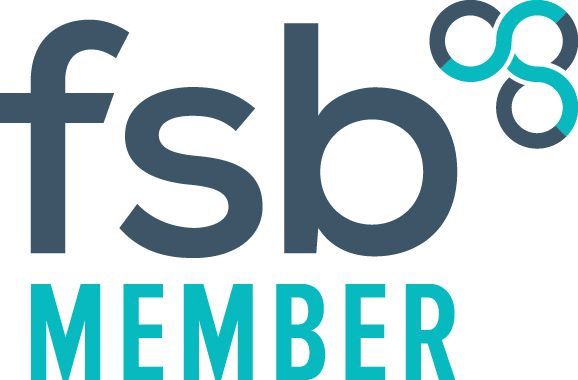From Manifesto to Marketplace: How Labour's Green Policies are Shaping UK Business Strategy
Introduction
Since Labour’s election victory in July 2024, the UK has seen a renewed push towards sustainability at the highest levels of government.
The Labour Party’s climate-focused agenda is now beginning to take shape in policy, funding and regulation, marking a transformative moment for businesses of all sizes.
1. A Stronger Push Towards Net Zero
Labour has committed to achieving net zero carbon electricity by 2030 and they’ve already begun implementing measures to support this goal.
This includes increased investment in wind, solar, nuclear and energy storage infrastructure, and a firm stance on reducing fossil fuel reliance.
2. Greener Supply Chains and Procurement Standards
Labour is reforming public procurement standards to favour suppliers that meet robust environmental and social value benchmarks. Government departments are now required to evaluate contracts through a sustainability lens.
3. Mandatory Climate-Related Financial Disclosures
Labour has endorsed the alignment with Task Force on Climate-related Financial Disclosures (TCFD) and legislation is now rolling out that mandates broader ESG reporting, even for mid-sized companies.
4. Skills and Workforce Transformation
Labour’s Green Prosperity Plan is underway, with investments in training and job creation across sectors like renewable energy, retrofitting and low-carbon manufacturing.
5. A Renewed Focus on Green Innovation and Infrastructure
Labour has launched a wave of public investments in green infrastructure, innovation, and research. The Green National Wealth Fund is backing projects that create climate-positive economic growth.
Conclusion: Aligning Strategy with the New Green Governance
With Labour now in government, the green agenda is more than political rhetoric—it’s actively shaping the UK business environment.

"Green Catalyst" is the trading name of Green Catalyst Business Solutions
All services under Green Catalyst are provided through a UK Umbrella Company.
No services are directly delivered by Green Catalyst as a business entity.
© 2024 Green Catalyst. All rights reserved.
Before you Go!
our new blogs, products & offers.

